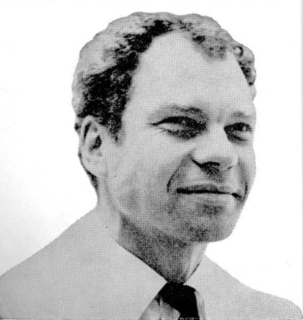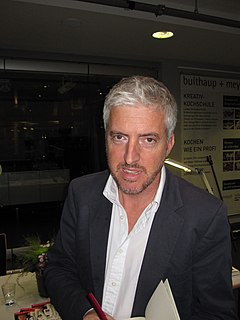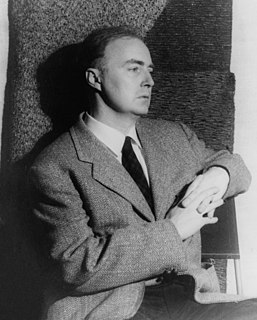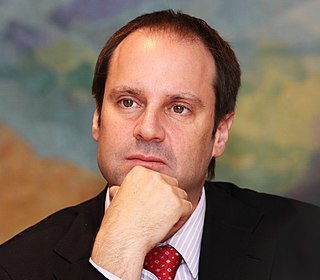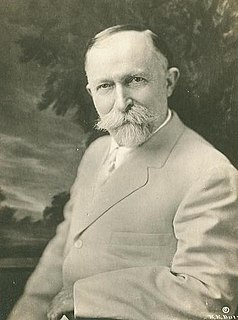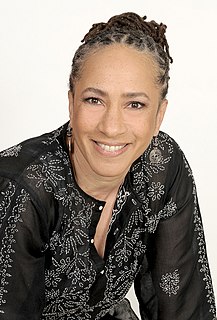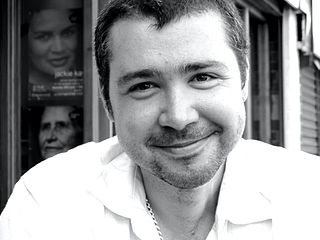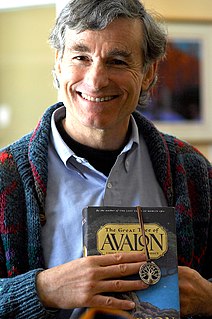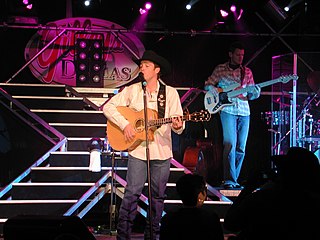Top 1200 Printed Books Quotes & Sayings - Page 20
Explore popular Printed Books quotes.
Last updated on April 16, 2025.
That movie [A Series of Unfortunate Events] told four books in two hours, and we have two hours per book. So we have eight hours to tell four books, and if people watch we'll get to tell more of them. There's only thirteen books, so there's only going to be two more seasons, but that allows for a lot of time to be in character and to maintain character.
I must say, some are not very beautifully made. They’re coffee-table books for people who drink alcohol. I have nothing against coffee-table books as long as they are well done. They must not look like gravestones on a table. Sometimes they are too big, they come in boxes and things like this. No, a book has to be easy to open and you don’t have to be a bodybuilder to lift it. I like books I can read in bed. Those big tombstones would kill me.
There are two books that I often travel with; one is 'The Theory on Moral Sentiments' by Adam Smith. The other is 'The Meditations.' It's not that I agree with either views expressed in the books, but I believe ideas and thoughts of older generations can offer food for thought for the current generation.
For books [Charles Darwin] had no respect, but merely considered them as tools to be worked with. ... he would cut a heavy book in half, to make it more convenient to hold. He used to boast that he had made Lyell publish the second edition of one of his books in two volumes, instead of in one, by telling him how ho had been obliged to cut it in half. ... his library was not ornamental, but was striking from being so evidently a working collection of books.
I started reading Dickens when I was about 12, and I particularly liked all of the orphan books. I always liked books about young people who are left on their own with the world, and the four children's books I've written feature that very thing: children that are abandoned by their families or running away from their families or ignored by their families and having to grow up quicker than they should, like David Copperfield - having to be the hero of their own story.













